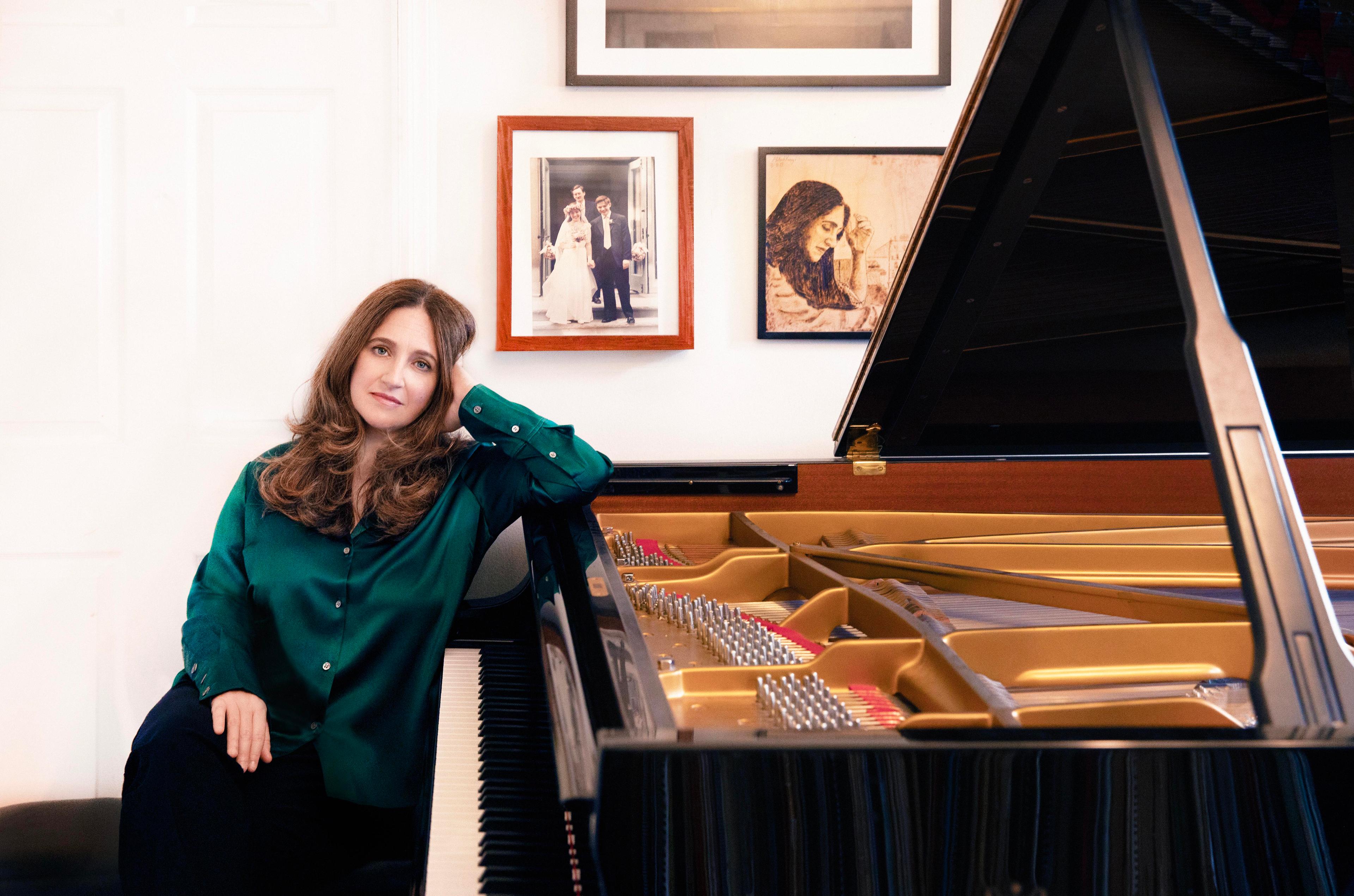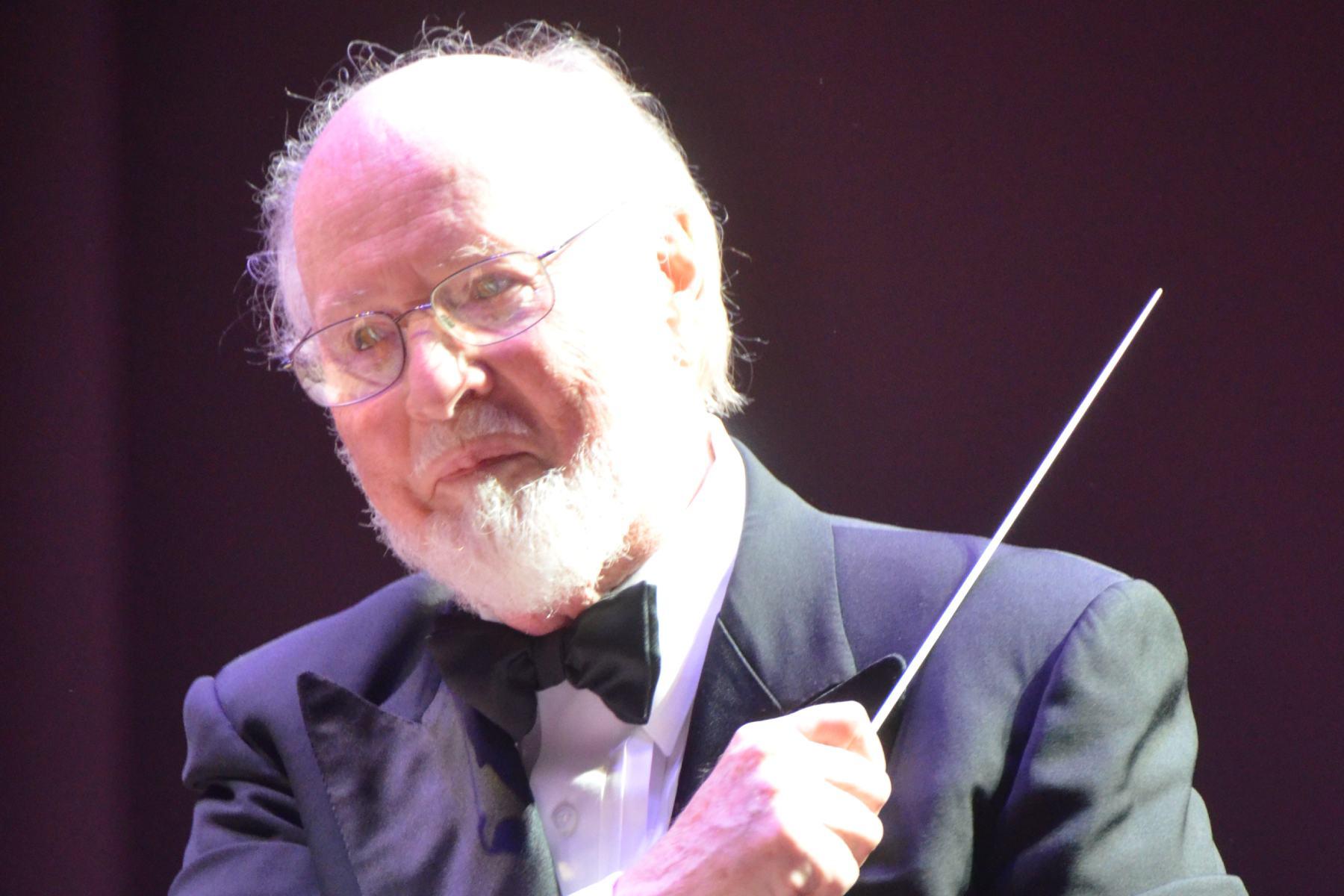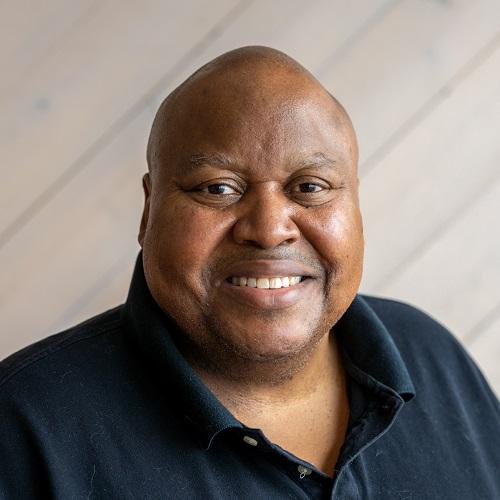
Simone Dinnerstein has toured the world as a concert pianist, performing in solo recitals and with top-flight orchestras, premiering new works and even touring the U.S. with a Cuban orchestra. Her new album, Complicité, features her Baroklyn chamber music ensemble.
But she struggled for decades with performance anxiety, despite hours of preparation. Onstage panic attacks crippled her confidence. She was worried about the expectation — especially in classical music — for soloists to perform from memory, without sheet music.
"I would suddenly lose where I was and get confused and then it became an anxiety that that would happen," Dinnerstein tells Morning Edition host Leila Fadel during a visit to NPR's headquarters in Washington, D.C.
She had slips during her Carnegie Hall debut in 2005 — playing Bach's Goldberg Variations — months after she'd recorded the piece. The recording, which brings out the more meditative qualities of the variations, was picked up by the Telarc label and landed on top of the Billboard's classical chart in the first week of sales in 2007, shooting Dinnerstein to fame.
"It got worse and worse and culminated in a concert where it just went so badly that, afterward, I was talking to my husband about it and he was, like, 'You should just quit'," Dinnerstein recalled about her anxiety and memory lapses. "I realized that either I was going to have to quit or I was going to have to perform with the music."
Hours of practice a day and hundreds or thousands more ahead of a concert couldn't overcome the panic and anxiety she felt around a performance.
"All of this was tied to this very conservative notion and convention that we have in classical music that pianists should play without the music, from memory," Dinnerstein said. "It also robbed me of the joy of being in the moment and thinking about the music itself."
Now, the pianist is breaking her silence on her predicament, and how she ultimately overcame it, in the hope that it might help others and soften what she calls "rigid" classical music conventions.
"Performance anxiety is something that we performers often find quite shameful," she explains. "What I really hope will change is that we will become much more accepting of the fact that people have different learning styles and different needs, just as we've become more aware of that in the workplace."
In recent years, Dinnerstein has brought a tablet on stage with her. She credits the device with saving her career.
Musicians tend to use the iPad Pro, which has a larger screen closer in size to sheet music, and turn the pages using a Bluetooth pedal so they can have full use of their hands and perform without a page turner for scores that can easily fill a hundred pages.

Dinnerstein still memorizes all her music for performances, but finds the simple presence of the score in front of her "enormously freeing and comforting."
The goal, according to Dinnerstein, should be to achieve something imaginative, thoughtful and exciting.
"If that could become part of the culture of classical music, that would be terrific, as opposed to it being about conventions," she says. "Like everybody has to wear black or white in orchestras. It doesn't have anything to do with the music. And it's so old fashioned."
Dinnerstein began using the iPad on stage in 2017, when she premiered the Piano Concerto No. 3 by Philip Glass, who composed it for her. Later that year, she formed Baroklyn, the chamber music group she leads from the keyboard.
She said the timing was no coincidence.

"I started feeling much more creative and free," Dinnerstein says. "Once I started having that permission to use the music, I began being much more daring. I had more time and mental space and emotional energy."
She puts some of that to work in Complicité, Baroklyn's all-Bach album of transcriptions and other arrangements. Rather than keep a consistent pulse from beginning to end in the prelude Herr Gott, nun schleuss den Himmel, BWV 617 (Lord God, now open the heavens), the group gradually speeds up the tempo throughout the four-minute piece. "I love that there's a sense of a stone rolling down a hill," Dinnerstein says.
In the third movement of the cantata Vergnügte Ruh, beliebte Seelenlust, BWV 170 (Contented peace, beloved delight of the soul), the violin and violas play in unison and pass the melody around to one another.
"It's like a sharing circle," Dinnerstein explains. "And you hear everybody's individuality, their individual sound as it gets passed around. So we do things like that which are just experimental in terms of how we think about collaborating."
And Dinnerstein can now take that experimental approach on stage thanks to a simple device that may challenge some traditions but allows her to fulfill her artistic vision with ease.
The broadcast version of this story was produced by Barry Gordemer. The digital version was edited by Tom Huizenga.
Copyright © 2025 NPR
Transcript:
LEILA FADEL, BYLINE: Simone Dinnersteinn has toured the world as a concert pianist, performing in solo recitals and with top-flight orchestras. But in the more than 30 years that she's been performing, a lot of the time, she's dreaded getting on stage, even after hours and hours of preparation - and that's because she would experience panic attacks.
SIMONE DINNERSTEINN: I would suddenly lose where I was and get confused - and then it became an anxiety that that would happen.
(SOUNBITE OF BACH'S "GOLDBERG VARIATIONS")
FADEL: Her memory lapses became more pronounced on stage after she landed on top of the U.S. Billboard Classical Chart with a recording of Bach's "Goldberg Variations." Dinnersteinn recently sat down with me at our studios in Washington as she releases her latest album,"Complicite."
DINNERSTEINN: Sometimes it would be just small things where I could catch myself. Other times, it would be really catastrophic, where I would go into the wrong movement or something (laughter). And it just became this overwhelming anxiety, and all I could focus on as I performed was, would this happen? And it also robbed me of the joy of being in the moment and thinking about the music. It kept me in this straitjacket.
FADEL: When we were talking about this interview before you came, you sent us a message, and you started it with this phrase. (Reading) For the last three decades and counting, I have been a performing artist. For much of that period, I also hated performing. If you could just talk about that?
DINNERSTEINN: Yes. Because performing should be about being open to the possibility of a transcendent experience. There's so much preparation, so much practicing as a classical pianist, in particular, we practice about six or seven hours a day.
FADEL: Wow.
DINNERSTEINN: Yeah. And then in performance, you let go of all of that, and you feel like you're discovering the music for the first time. And I was robbing myself of that because all I could think about was am I going to mess up in this very high-pressure situation? And it became absolutely miserable, got worse and worse and culminated in a concert where it just went so badly that afterwards, I was talking to my husband about it and he was like, you know, you should just quit. And I thought, yeah, I should just quit.
(SOUNDBITE OF PIANO PLAYING)
DINNERSTEINN: All of this was tied to this very conservative notion and convention that we have in classical music that pianists should play without the music.
FADEL: From memory?
DINNERSTEINN: From memory.
FADEL: No sheet music?
DINNERSTEINN: No sheet music. For some people, that's great. They play better without the music. But I realized that either I was going to have to quit, or I was going to have to perform with the music.
FADEL: So are you doing that now?
DINNERSTEINN: Right. So I am. The iPad saved my artistic life...
(LAUGHTER)
DINNERSTEINN: ...Because you can read the music and there's a Bluetooth pedal which you can use with your foot to turn the pages - and so you don't need a person sitting next to you turning pages 'cause pianists have so many notes. Our scores are often, like, a hundred pages long, you know? And we have that much in our head.
FADEL: That's amazing.
DINNERSTEINN: Yeah. I still memorize all of my music, but having the music in front of me is just enormously freeing and comforting for me. And the first time that I actually performed with an iPad was when Philip Glass composed a piano concerto for me, and I decided to play it from the iPad. I learned how to use the pedal - and it was really amazing.
(SOUNDBITE OF SIMONE DINNERSTEINN PLAYING PHILIP GLASS' "PIANO CONCERTO NO. 3")
FADEL: I want to speak a little bit about your new album. It's an all-Bach music album.
DINNERSTEINN: Yes.
FADEL: Tell me a little bit about the approach here...
DINNERSTEINN: Yes.
FADEL: ...That you took and how it's different than what we've heard from you before.
DINNERSTEINN: Well, Baroklyn's actually my group that I created when I started using the iPad...
FADEL: OK.
DINNERSTEINN: ...Which I think is not a coincidence.
FADEL: Yeah.
DINNERSTEINN: You know, I started feeling much more creative and free. And it's 11 people in this ensemble, and they're all chamber music players, so they all come from string quartets or other groups. And so, I'm like the director - as in a play - I'm directing it. And with Bach, there's quite a lot in his music that is very open to very personal interpretation. So we've taken music and rearranged it, thought about, you know, maybe the oboe could play something here and then we'll have the violin take two parts and do that or - you know, on this album, we do a cantata, and there's a beautiful movement where I had the strings divided up so that they took turns - one at a time - playing. Instead of playing together in unison, we hear one person play, then we hear another person play, and it goes around a semicircle. And you hear everybody's individuality, their individual sound as it gets passed around.
FADEL: Yeah.
(SOUNDBITE OF BACH'S "VERGNUGTE RUH, BELIEBTE SEELENLUST")
UNIDENTIFIED PERSON: (Singing in non-English language).
DINNERSTEINN: I really wanted to hear every line in the music and for everybody to have been sort of equally important in this. It's very interactive between the different people. So I called the album "Complicite" because it comes from a theater term, which is about togetherness. It comes from this whole notion of being more connected and as an ensemble. And I really liked that idea.
FADEL: That's pianist Simone Dinnersteinn. Her new album is "Complicite." Thank you.
DINNERSTEINN: Thank you.
(SOUNDBITE OF BACH'S "VERGNUGTE RUH, BELIEBTE SEELENLUST")









